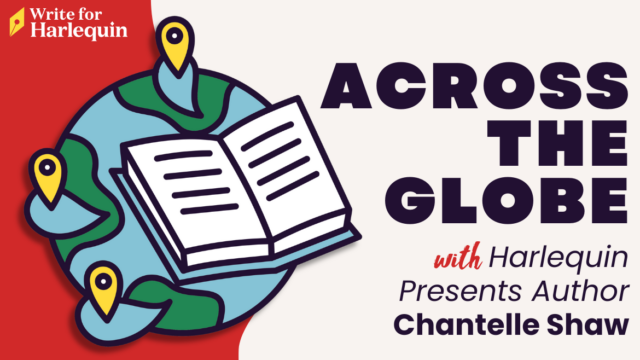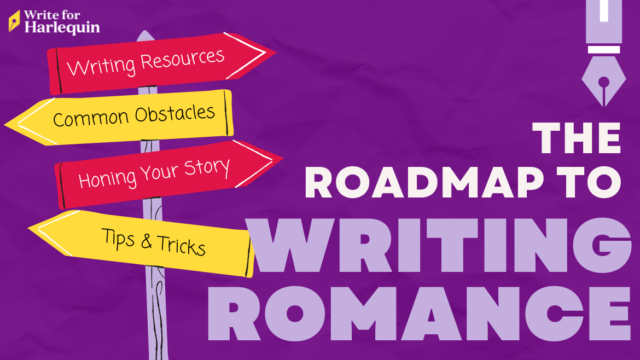
by Evan Yeong
For many of you who searched for and found this post, there’s a chance the hardest step is already behind you. Maybe you’ve already taken the leap and not only spent significant time writing out a full manuscript and accompanying synopsis, but submitted them to a Harlequin series as well! After waiting by your email inbox like a kid on the world’s longest Christmas Eve, finally you see it: a response. But ironically, now that you have it, you have no idea what to do with it.

This is of course referring to any and all editorial feedback but that magical message saying that they’d love to publish your book. As so many of our regular readers know by now, writing is hard work, and so is the road to becoming a published author. With that in mind, I’m here with some advice that’s hopefully helpful for both veteran submitters and those who have yet to press that Submit button.
Editors Are Busy People…
Like many others, the editorial work day is forty hours a week, but chances are that between editing manuscripts, checking over publishing dates, providing cover feedback, and a countless number of other tasks, that neat little round number can often be exceeded. That’s not to say that any of you are unfamiliar with this concept, only that the average editor has a very full plate and responding to submissions is only a part of that.
…Busy, Individual People…
During the course of submitting to different lines you may notice that the responses you receive vary from one to the next. That is likely due in a large part to Harlequin having offices across the globe, with separate, distinct editorial departments handling their own series. The editors who work on Heartwarming are not the same as those who cover Romantic Suspense, and in fact don’t even work in the same country!
While the editorial feedback you’ve gotten may differ, it is important to always keep in mind that the editors are publishing professionals-
…Who Care About Responding to You
It’s critical to us that we follow-up with everyone who has taken the time and effort to submit to Harlequin. However, as indicated by my first point, there simply isn’t time in any given workday to provide a full breakdown of a manuscript’s strengths and weaknesses.
Knowing the constraints, most editors will pinpoint one major reason why a submission was rejected. Having received that, the immediate response might be to address the issue and resubmit it immediately. The truth is, however, that if that issue was the only thing keeping your manuscript from being published, they would’ve communicated that to you.
Unless you’ve been given an explicit R&R, or Revise and Resubmit, it may be time to take a step back in anticipation of making larger, more sweeping changes, or think ahead to the next romance novel you have waiting at your fingertips.
But What About That Reason for Rejection?
This is a very broad topic, but let’s try to narrow it down to one example: the conflict wasn’t strong enough to sustain a romance. While that may appear vague at first glance, it actually points you in a very specific direction when considering your submission (and begs a number of questions).
What is it that’s keeping your couple apart from one another? Is it simply because the hero or heroine had their heart shattered into smithereens, and they find that they can never love again? How devastating was the inciting incident, and how long ago has it taken place? Is anything keeping their would-be partner from closing the gap and professing their own affection?
What appeared as a vague, single issue can actually be traced to a number of specific places in your narrative, and likely can’t be fixed in an evening, suddenly leaving you with the perfect romance. It’s all too easy to discount feedback that comes across as ambiguous and unhelpful, and much more difficult to find and address the reason behind it.
Keep Writing!
There’s a fine balance between telling a hopeful romance-writer-to-be that their manuscript isn’t right for the series while also encouraging them not to give up. The last thing we want is for anyone to see their rejection as firm proof that it’s time to throw in the towel.
The editors are, well, editors, not writing coaches. Their role isn’t to provide you with a revision letter, but to take a manuscript that’s close to perfect and bring it the rest of the way there. As for the writing advice, that’s what we’re here for!
Over the past several years So You Think You Can Write has published post after post with the mission of becoming a resource for you in your writing journey. Whether it’s crafting the perfect setting or how to handle the rest of your cast, by taking our advice and lots (and lots and lots) of hard work becoming a published romance author can be a reality for just about anyone!
The first bit of editorial feedback may be a rejection, and the same with the second and third and so on, but maybe one day the response will come back starting with the words “We LOVED it…”




